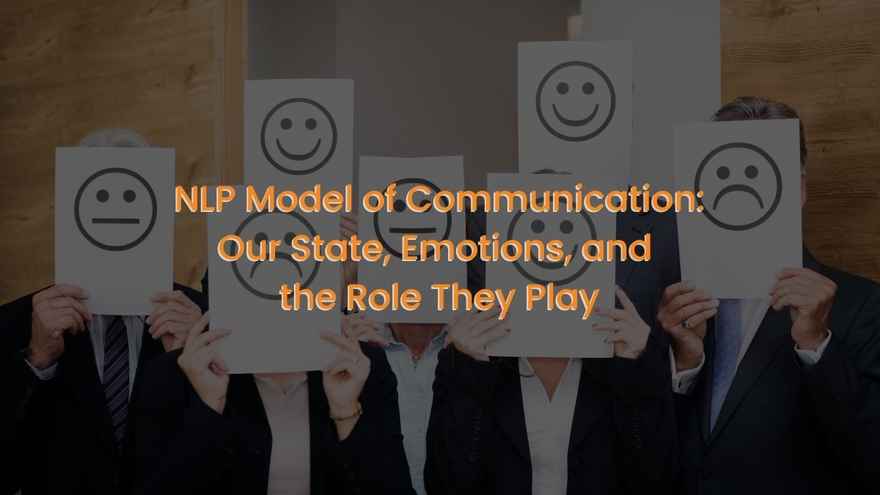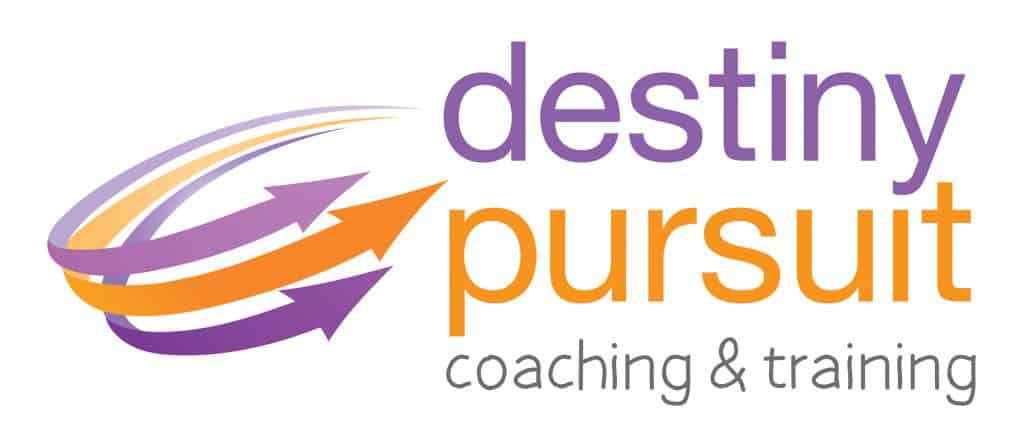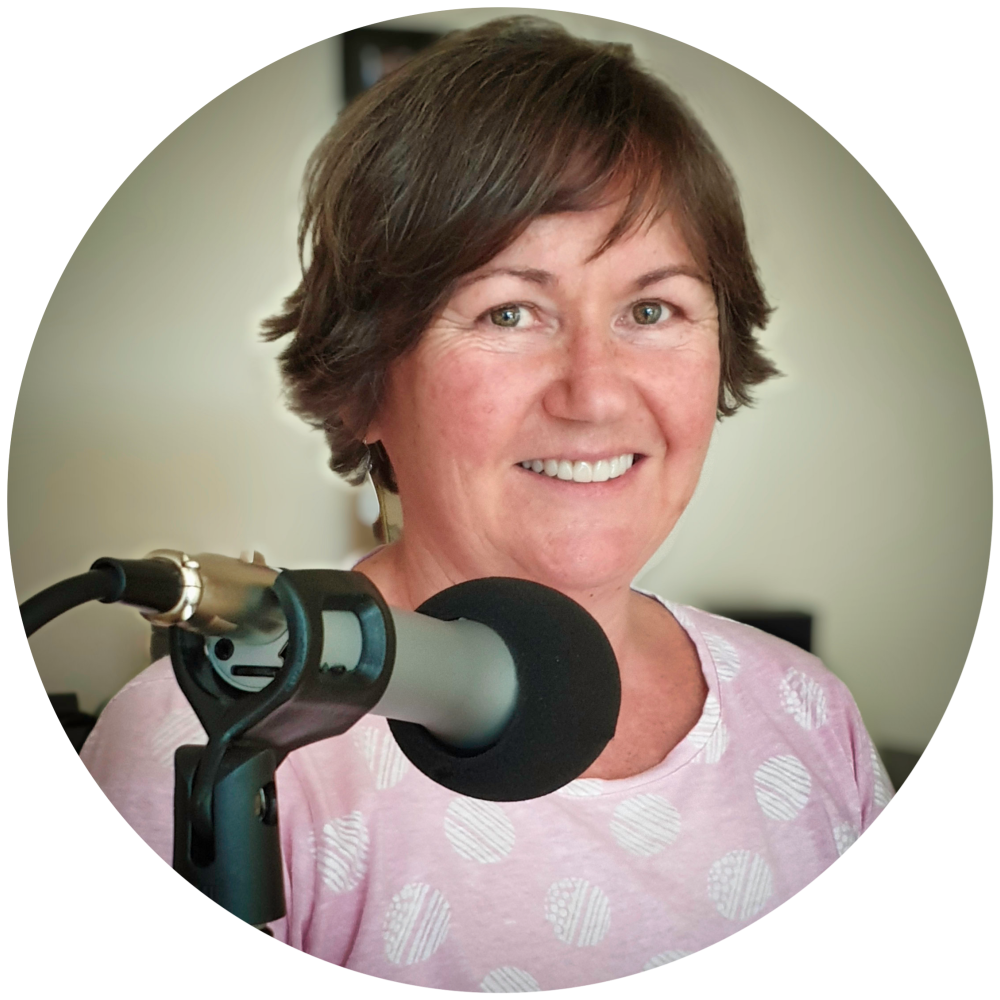Our State, Emotions, and the Role They Play - NLP Matters, Episode #040

We are now well on our way into our investigation into what NLP has to say about the totally fascinating workings of the human mind, and why this is important to how we think, behave and go about constructing our reality and our relationships with others.
In this episode, we’ll look at the role of our ‘states’ or emotions.
Over the past few episodes, we've been talking about the ways in which our senses and our mind combine to construct our version of reality. So where do our internal feelings or emotions fit into this NLP Model of Communication, and why does it matter?
Listen to the podcast to find out more.
Listen to the Podcast
Here are some key takeaways from this episode:
- It is the constant interaction between our physiology, psychology, and emotional states that alter our experiences as well as the information we filter in.
- When we are filtering information that reinforces limitations, problems, or other unpleasant things, it impacts our physiology, psychology and emotional state. In other words, we get what we focus on.
- Believing that the external reality determines our emotional state is a commonly held belief that applies to both darker, heavier emotions as well as the brighter, lighter emotions we experience.
- Our misconception that our emotional states are passive responses to an objective reality results in the false logical assumption that we have little or no control over our emotional states.
- When we don't acknowledge that we are actually responding to our own internal representation or map of reality, we become victims of external circumstances that we perceive as being beyond our control.
- Our thoughts precede our state. Contaminated thinking arises from the mistaken belief that our feelings are letting us know about something other than our moment-to-moment thinking.
- Most of our thought process happens at an unconscious level. It’s not usually enough to merely try and mask these thoughts with conscious positive interpretations or ignore them, and hope they'll go away. The more effective way to respond is to be really curious. Ask ourselves some reflective questions.
- What am I focused on right now?
- How am I interpreting events around me?
- What do I do or not do when I have these feelings?
- How is this working for me really?
- Changing what we are focused on has a profound effect on our emotional state as well as our physiology.
- We all have a choice. Changing our thinking changes our experience of reality.
- Our experience of reality is a product of our internal representation. If you want to change your emotional state, you need to change what you tell yourself and what you focus on.
- In order to make lasting changes in our lives, we need to focus on the changes within us — the changes we make unconsciously are more meaningful than those that we make consciously.
Our state plays a vital role in our experience of reality. Remembering that our emotions are driven by what we focus on, the thoughts and meanings we give to the small sample of reality that we filter in through our sensors means we're able to make choices about whether to keep or change our emotional states. And if it is a change we want then bring on that deep curiosity and wonder – what if I notice this instead?
In our next episode, looking at the seven unconscious filters that are active in choosing what gets filtered – what is distorted, generalized, or deleted?
Listen to the Podcast
Joanne Clark
Joanne Clark is an Internationally accredited Master Trainer of NLP who has been delivering NLP training since 2011. Being on her feet in front of training rooms is where Jo loves to be and her passion for inclusive and immersive training that delivers outstanding learning outcomes is apparent to everyone in her training rooms. On average Jo delivers 140 days of training per year in addition to online webinars, guest speaker events and group coaching.
“NLP is at the core of all my training and coaching, it is at the core of who I am, how I interact and connect with people. I am absolutely passionate about spreading the NLP tools across the planet as I endeavour to support Robert Dilts’s vision of Creating a world to which people want to belong.” Joanne Clark
Certified Master Trainer of NLP; Master Practitioner NLP, Hypnotherapy & Matrix Therapies; Performance Coach; Cert IV Coaching; Advanced Practitioner in Coaching; Cert IV in Business; BA(Hons); Majors in Sociology and Psychology; Parent Education Leadership Training (PELT) Certificate; Mother of four children; Private Pilot (PPL); Diploma in Life Coaching


0 comments
Leave a comment
Please log in or register to post a comment